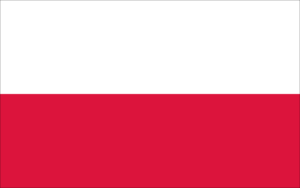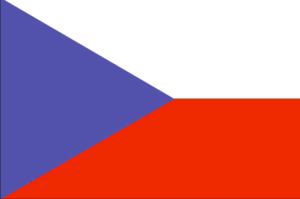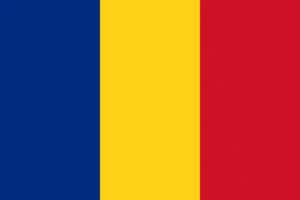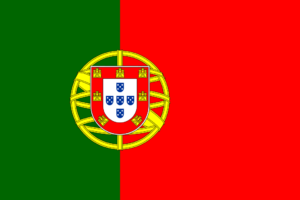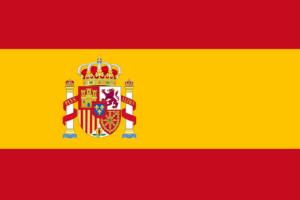- Poland has set up nine reception centres along the border which provide food, medical assistance and information. It has also launched a helpline and an online platform to coordinate the offers of help from citizens, businesses and NGOs. On top of that, to help transport refugees into Poland, the state railway operator PKP launched additional connections and announced that citizens of Ukraine can travel for free over the next month.
|
- The Czech Republic has activated its Migration Wave Preparedness Plan. This will help refugees apply for a special type of visa through a simplified procedure in order to remain, if needed.
|
- In Romania, Ukrainian citizens who want to work in Romania do not need proof of employment for up to nine months in a calendar year. According to Romania’s National Employment Agency (ANOFM), after acquiring a form of international protection, Ukrainian nationals can register with employment agencies, thus benefiting, free of charge, from the measures to stimulate employment: jobseekers getting in touch with employers; information and professional counseling that provides a range of services free of charge to jobseekers, with the aim of providing information on the labour market and the employment trends; vocational training; evaluation and recognition of professional skills from a non-formal and informal system, etc.
|
- The United Kingdom is extending visas for Ukrainian temporary workers in some sectors who can now stay until at least 31 December 2022, primarily because people cannot return to Ukraine. The relaxation of the visa rules for Ukrainians includes giving British nationals and any person settled in the UK the ability to bring over their immediate Ukrainian family members. Approximately 45% of applications for UK temporary work visas last year were made by Ukrainian nationals, who accounted for 19,858 of the total 44,114 applications made last year.
|
